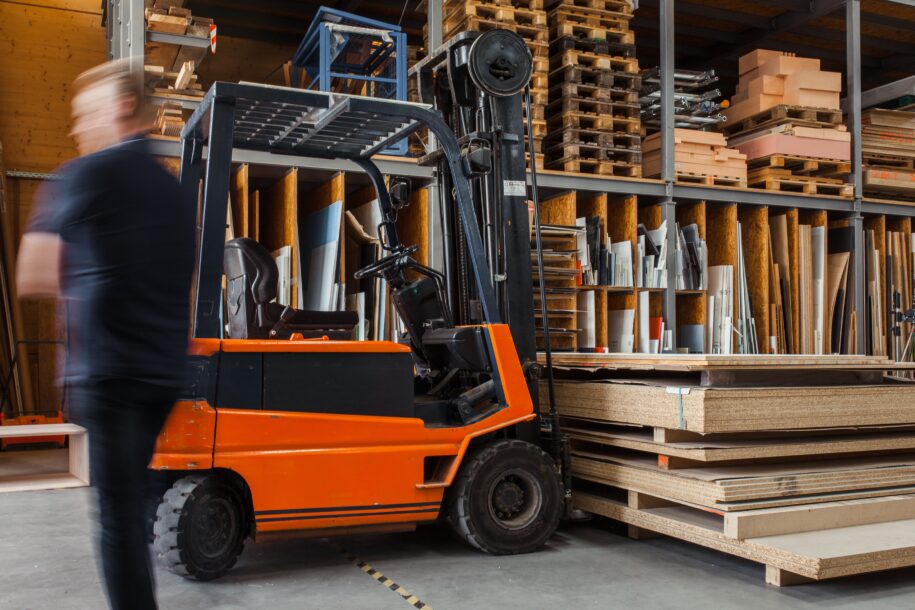Digitalisation is transforming the manufacturing industry globally, with increasing numbers of leading firms investing in smart factory technology.
In fact, a report in 2019 found that 81% of manufacturers were all set to invest in new digital technologies to boost productivity. And the impact of the Covid-19 pandemic in recent years has only sped up the shift towards what is often described as ‘Industry 4.0’.
The message is clear – manufacturers need to innovate or die. There’s a very real risk of getting left behind, of being unable to compete with the efficiency or productivity gains that automation, AI and other smart factory tech can bring.
But is your firm ready, or are there too many obstacles holding you back? Let’s take a look at a few of the main blockers to embracing digitalisation within manufacturing, and how they can be overcome:
Time
Manufacturing requires an intensive, always-on schedule, and the switch to digitalisation is inevitably going to be a major, time-consuming project. This means that many businesses never find the opportunity to disrupt operations to kickstart the implementation of Digitalisation projects.
But the key question to ask is – what is the cost to the business of delaying implementation? If you can find ways to reap the financial benefits sooner, while minimising disruption and the burden on your workforce, you should seize the opportunity.
Insufficient IT capability
Digitalisation projects appear to be technically complex, and many manufacturing firms don’t yet have the in-house IT expertise or capacity to take them on.
There are also issues with outdated systems, the replacement of which may require expensive new technology infrastructure.
There aren’t any easy answers to this challenge, except to seek expert external guidance. No digitalisation project can succeed without a clear, carefully researched strategy, which will include a roadmap of improvements and fully costed infrastructure investments.
It is also likely to require the recruitment of skilled manufacturing Digitalisation specialists. This is not only important for implementation, but also to manage new systems once they’re rolled out.
Employee reluctance
This may seem like a low-level priority, but employee reluctance can actually be a major barrier to digitalisation within manufacturing. None of us like change, and the adoption of smart factory technology will be a significant shift to the way the sector works.
Firms need to tackle this potential blocker early, by engaging employees and overcoming their resistance to new technology. This will involve allaying fears over job losses due to automation, and showing employees how digitalisation has the power to make their work easier and safer.
Ongoing training in new processes and equipment will be crucial. Businesses also need to consider key risks related to safety, cybersecurity and quality, and communicate to the workforce how these issues will be mitigated.
Looking to hire in 2022, or searching for your next opportunity in manufacturing? Work with our specialist recruiters here at Aqumen Recruitment.
Get in touch to find out more about our effective recruitment solutions, or search our latest UK manufacturing jobs here.
